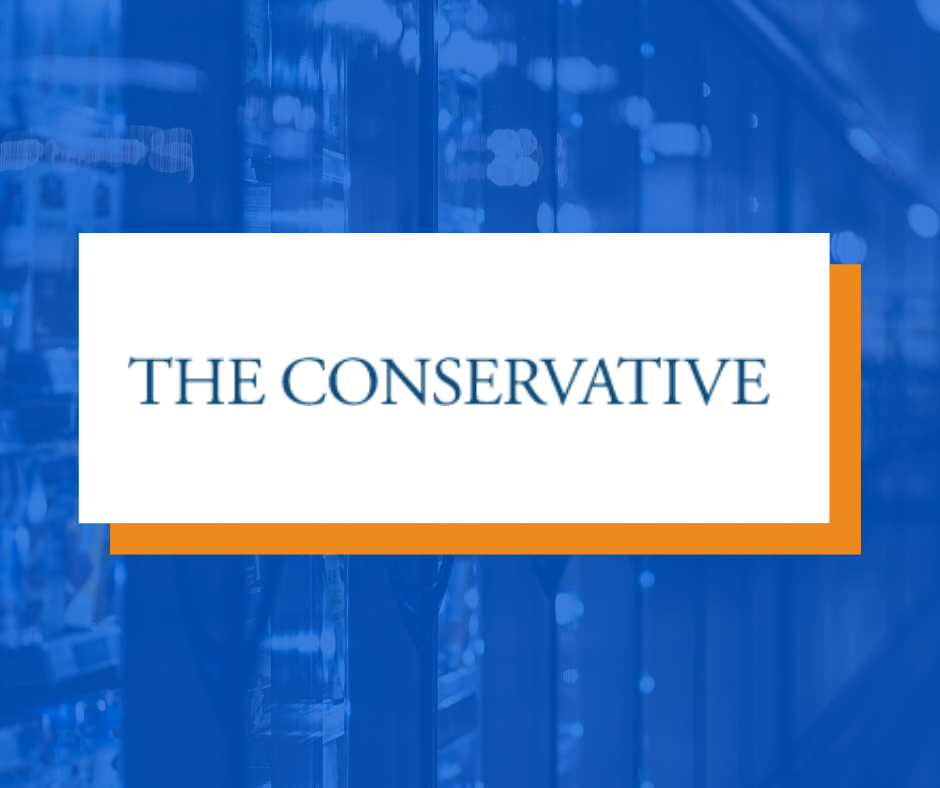Exempting drugs from VAT is a great tool to give patients a break.
COVID-19 has heightened public awareness on the question of drug prices. After vaccine prices had been leaked to the public by Belgian minister Eva de Bleeker, questions arose on the costs associated with creating vaccines. This is essentially a similar debate when it comes to the prices of all drugs.
The question of how to reduce the cost of drugs has led some to make interventionist suggestions. Many blame the greed of the pharmaceutical industry for drug prices, when in reality the truth is much more complicated. To some, the question is about intellectual property rights. Doctors Without Borders (MSF) is running a campaign on access to medicines that distorts the realities of the drug market, while calling for solutions that would undermine scientific innovation. The “Access to Essential Medicines Campaign” seeks to increase the availability of medicines in developing countries by tackling the issue of price and intellectual property rights. In the eyes of MSF, producers and researchers are getting rich on the backs of those who can least afford it.
In reality, drug prices are a result of many considerations: the development costs, the amount of patients able to receive it, intellectual property rights (though not in the sense that MSF would have you believe), and… taxes!
Informed patients will know that all but one European country charge VAT on over-the-counter (OTC) medicine and prescription medicine. Germany charges as much as 19% VAT on both types of medicines, while Denmark ranks the highest, with rates at 25% – that is a fifth of the total price for a drug! There is only one country that does not charge VAT on prescription or over-the-counter drugs: Malta. Luxembourg (3% each) and Spain (4% each) also show that modest VAT rates on drugs are not a crazy idea but something millions of Europeans already benefit from. Sweden and the UK both charge 0% VAT on prescription medicine, yet 25% and 20% respectively on OTC.
One of the significant roadblocks towards more patient access to drugs is the unfair tax policies of some EU member states. Before talking about eroding intellectual property rights and price setting across the block, we should discuss whether we should have a VAT on medicines.
Especially on prescription medicine, where cancer drugs can reach substantial price levels, VAT rates of up to 25% significantly burden patients and their health insurance.
On prescription medicine, there is little sense in first charging value-added tax, and then have national health insurance providers pick up the tab. As for OTC medicine, the implication that just because it isn’t prescribed, it, therefore, isn’t an essential good, is a blindspot of policy-makers. Many OTC meds, ranging from drug headache pain relief, heartburn medicine, lip treatments, respiratory remedies, or dermatological creams are not only essential medicines for millions of Europeans; they often act as preventative care. The more we tax these goods, the more we are burdening MDs with non-essential visits.
Zero VAT on medicines is a question of fairness. Everyone is burdened with the costs of the COVID-19 lockdowns. While we have become one-sided in our analysis of which medical problems are important, we need to understand that other medical treatments are needed as we speak, and that they represent a burden on all patients.
It is time for European nations to agree on a binding Zero VAT agreement on medicine or at least a cap at 5%, which would reduce drug prices in the double digits, increase accessibility, and create a fairer Europe.
Originally published here.



